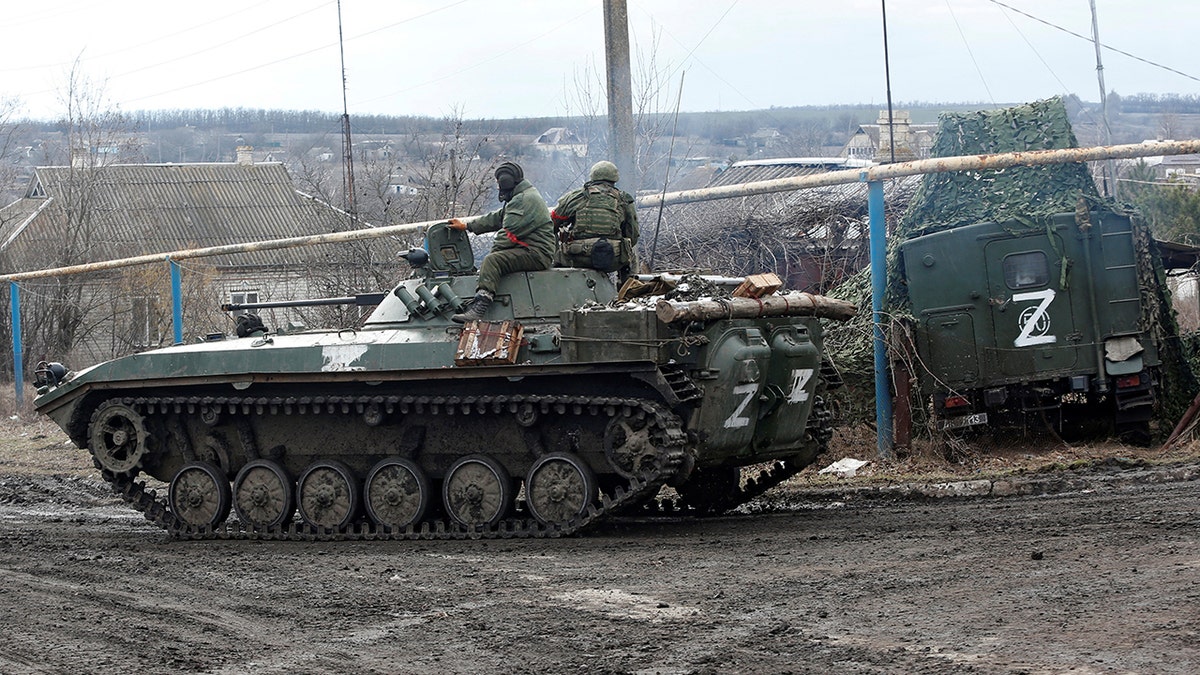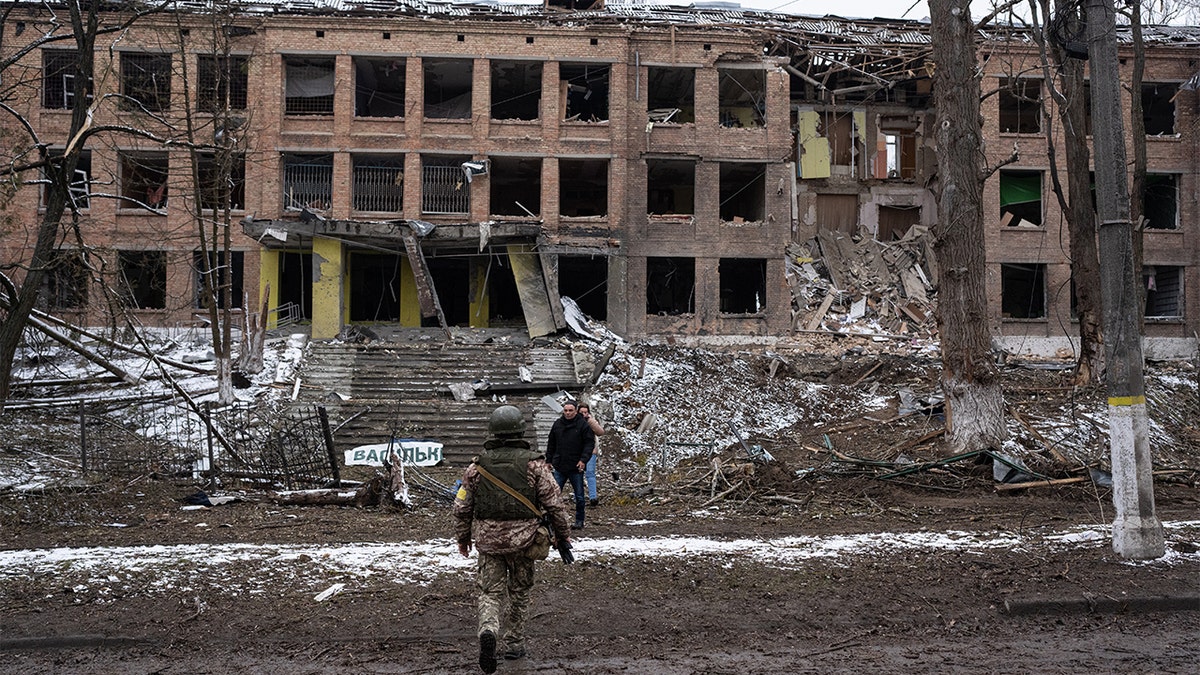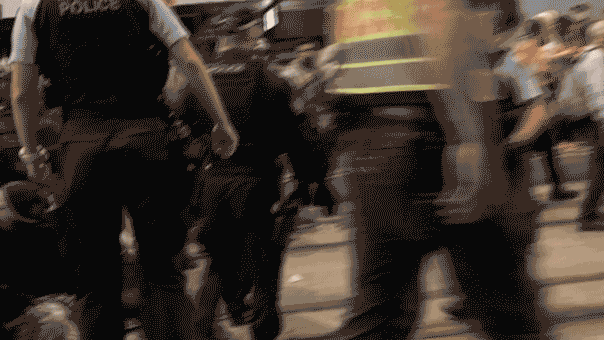Russian professor on the impact of sanctions and results of the Ukrainian war
Russian professor Ruben Enikolopov speaks on the impact of Russian President Vladimir Putin's decision to invade Ukraine, as well as the role Russian propaganda plays in who is to blame for the country's hardship.
In the course of just 48 hours, 200 Russian diplomats were either expelled or declared "persona non grata" in Europe. Officially, the diplomats stand accused of being involved in espionage, but it is widely understood that these latest expulsions are a reaction to recent revelations of atrocities committed by Russian troops in Bucha, Ukraine.
The French, meanwhile, have opened three probes into potential war crimes against some of their nationals in Ukraine, on top of the investigation relating to the killing of Fox News cameraman Pierre Zakrzewski outside Kyiv last month. Italian Prime Minister Mario Draghi also has called for independent investigations into the killing of civilians in Ukraine that "deeply share our souls."
As the debate stretches on over squeezing Russia in the hopes of getting it to stop the war in Ukraine, Berlin moved earlier this week to take control of a subsidiary of Russian energy firm Gazprom in Germany. The U.S. and Europe are set to announce further sanctions.

Service members of pro-Russian troops in uniforms without insignia driving an armored vehicle with the symbol "Z" painted on its side in the separatist-controlled village of Bugas in March. (REUTERS/Alexander Ermochenko, File)
RUSSIA LAWMAKERS PUSH BILL TO FINE ANYONE EQUATING USSR WITH NAZI GERMANY
And the mounting anger may be making some take matters into their own hands. A car crashed into the gates of the Russian Embassy in Bucharest, Romania, bursting into flames. The driver died. It is not clear whether the act was deliberate, but Russian embassies around the world have been targeted by protesters in recent weeks.
In Italy, someone apparently set fire to the Lake Como villa of top Kremlin propagandist and talk show personality Vladimir Solovyov. The villa – one of three Italian properties owned by the Russian showman – already had been expropriated as Solovyov was targeted with sanctions. It's not clear what happened with the villa yet, but investigators said they believed it was a deliberate act.
All this as the sanctions start to bite in Russia, though economists have said it will still be some time before the country feels its effects fully, as Russians argued over who's to blame for the hardship. "I think people who watch Russian TV will blame the West because the propaganda is very effective internally. People who rely more on independent news will have a very different interpretation and put the blame on different parties," economist Ruben Enikolopov said. "I observe an increasing polarization within Russia and it goes to extreme levels when people in the same family stop talking to each other."

A high school building damaged after Russian missile attacks in Vasylkiv, Kyiv Oblast, Ukraine, March 1. (Wolfgang Schwan/Anadolu Agency via Getty Images, File)
EU COUNCIL HEAD SUGGESTS ASYLUM FOR RUSSIA DESERTERS
Enikolopov acknowledged the societal upheaval the war and clash of opinions in Russia but added, "It's nothing compared to what's going on in Ukraine, but it's really obviously hitting Russian society." A huge blow, he said.
But the fact that hundreds of thousands of Russians have left the country since the war began may be more damaging to Russia's future than all the sanctions. Many of those fleeing have gone to Turkey, Armenia and Georgia, to name a few countries that have opened their doors to Russians, though many said they've been greeted with animosity or obstacles when they try to rent apartments.
They are "independent journalists who don't want to risk landing in jail for reporting what the Kremlin calls 'fake news,' men fearing the draft and a lot of Russians who work in the IT sector," Enikopolov said. "Some of them probably will return. It's like a panic stage," but many will not return, he added.
CLICK HERE TO GET THE FOX NEWS APP
"So that's a huge blow for [the] Russian economy, I think, in the long run. Talk about inflation, restriction of imports, they're very important now in terms of long-term development of [the] Russian economy. But the most important thing is this brain drain and the fact that Russian is cut off from new technologies," he said. "That will accumulate, leading to slower and slower economic growth if there will be any growth in the future. But clearly, it will be below the world average in the coming years."










































